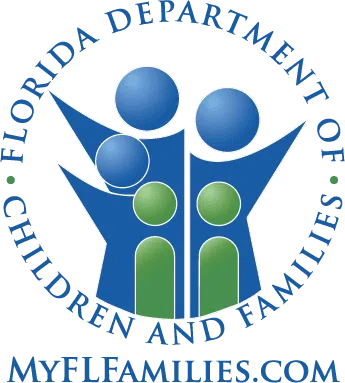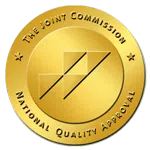
When a person checks into rehab, their time there is often looked at as the main part of their recovery. But the truth is that after a person checks out of rehab, they have a long road ahead of them. They must put in much effort to maintain sobriety once they get back to the “real world.”
Rehab facilities realize how hard it is to adjust to sober living after patients get back to everyday life. That’s why many of them provide aftercare in addiction treatment. This article will look at what aftercare entails so you can understand its role in relapse prevention.
What is Aftercare in Addiction Treatment?
Aftercare is the care a person gets after checking out of a rehab facility to help them maintain sobriety. It can come in many forms, but it usually involves some type of outpatient therapy. So, the patient will continue attending therapy to get the support they need for relapse prevention.
Why is the Importance of Aftercare?
Many people struggle with addiction, and many people seek help. Unfortunately, most of those individuals are unable to maintain sobriety. Statistics show that approximately 85% relapse and go back to using drugs within one year of treatment.
Relapse can happen at various stages in the recovery process, but it often occurs after a person checks out of rehab. They are unsure of how to deal with the stressors that once led them to drink. They may also fall in with the old crowd they used to and be tempted to go back to their old ways.
Aftercare provides ongoing support so people have the tools they need to deal with stressors, avoid temptation and maintain sobriety.
What Are the Different Types of Aftercare?
The type of therapy involved in aftercare varies. Here are a few to consider:
Ongoing Therapy: Many facilities offer continuous therapy that can take the form of partial hospitalization, intensive outpatient, and outpatient. Partial hospitalization involves patients staying at the facility 6 to 8 hours a day while spending the rest of their time with family or at work. Hopefully, this will eventually be reduced to an intensive outpatient or outpatient situation where they attend sessions a couple of times a week.
Various types of therapies can be integrated into outpatient programs like alternative therapies, CBT, family therapy, and more.
Group Therapies: If the facility does not provide its own aftercare, the patient may do their own follow-up. They can continue seeing a therapist not affiliated with the center, or, for a more affordable alternative, they can go to AA meetings. These are based on the theory that there are 12 steps to recovery, and they are spiritual in nature. AA meetings happen all over the country, and they are free to attend.
Sober Living Facilities: Some people may live in sober living facilities after they check out of rehab. The facility will help them adjust to sober living. They may provide workshops to teach residents valuable skills that will help them find employment. Residents may continue with therapy while at the facility.
Alumni Programs: Many rehab centers offer alumni programs. They include activities available to former residents such as picnics, sporting activities, and other types of get-togethers. They are designed to make alumni feel like part of the community after they check out.
How to Find Aftercare Programs in South Florida
There are many rehab facilities out there, but it can be difficult to find the one that’s right for you. You will want to find one that offers suitable treatment, a caring staff, a clean environment, and aftercare in addiction treatment. If you do a bit of research, you will find the Prevail Recovery checks off all the boxes.
Prevail Recovery Center is in sunny Ft. Lauderdale, FL. We offer a variety of relapse prevention programs, including partial hospitalization, intensive outpatient, and outpatient. We will see to it that you can the support you need to get sober and stay sober.
Overcoming addiction and maintaining sobriety can be challenging. Prevail Recovery Center gives you the tools you need for long-term success. Call us today to find out how we can improve your quality of life.





Your article gave me a lot of inspiration, I hope you can explain your point of view in more detail, because I have some doubts, thank you.